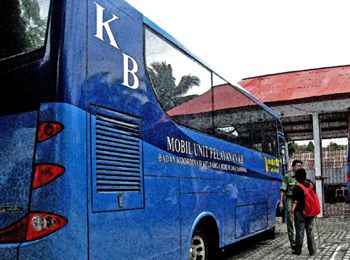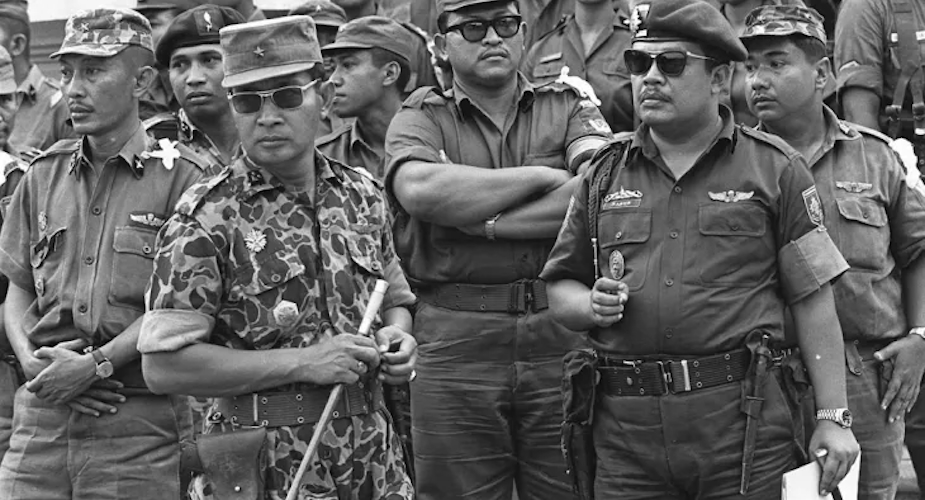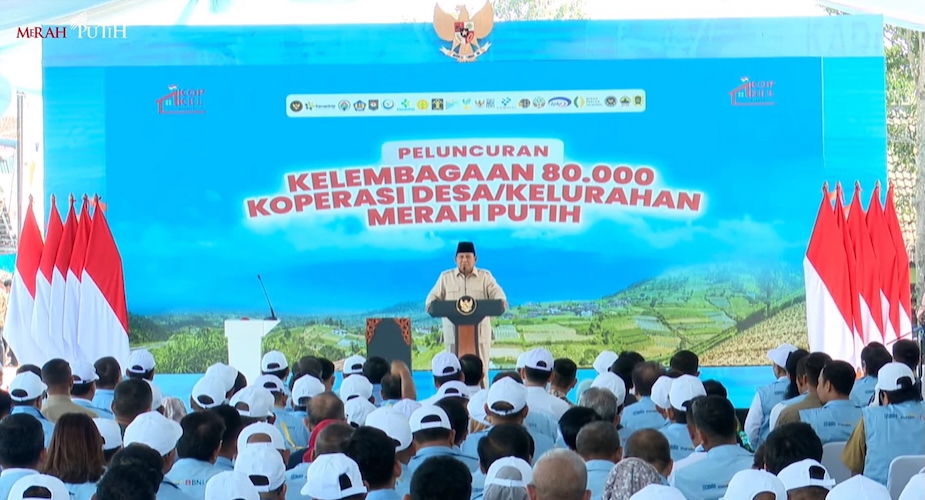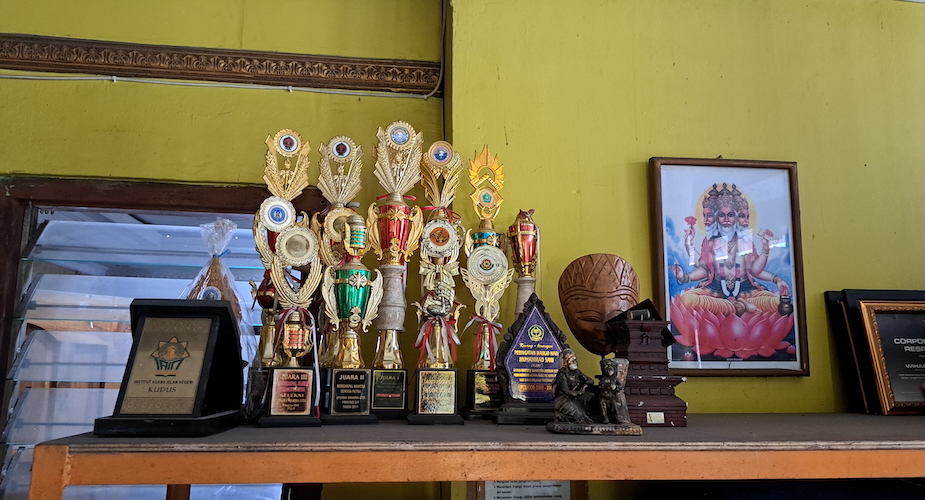Vasectomies are slowly gaining favour as a family planning method in North Sulawesi
Victoria Ngantung and Desta Pratama
Ismail Husein is a driving force in promoting vasectomies |
Vasectomies are inexpensive, safe, simple to perform and highly effective in preventing pregnancy. But mention the word ‘vasectomy’ and most men recoil in horror. According to the National Coordinating Agency for Family Planning (BKKBN), 97 per cent of all birth control users are women and vasectomies account for just 0.2 per cent of total contraception use in Indonesia. A lack of information about male contraception, combined with limited health services and choice, contributes to the low rate of participation. According to the Indonesian Demographic and Health Survey, wealthy, educated men from urban areas have a better understanding of family planning than men from other backgrounds.
Family planning may remain high on the agenda for health service providers in Indonesia but, despite the potential benefits if men were included in the family planning process, so far the focus has mainly been on women. So how is it that a rural area in North Sulawesi has managed to achieve an increase in the number of men willing to undergo vasectomies? The key to encouraging adoption of this form of contraception has been the influence of farmer family planning groups.
City snips and country visits
The North Sulawesi branch of the BKKBN, the Walter Monginsidi Hospital and an NGO called Swara Parangpuan have been working together to promote family planning for men. In 2008 they collaborated to launch a free vasectomy program which provides an alternative for men concerned about adverse reactions of their wives to birth control medications.
The hospital provides special free services for men through the Husbands Love their Wives Clinic, where they get information on men’s contraception, including vasectomies. Dr Anton Rumambi, the deputy head of the hospital, explained that men over 40 with two or more children are eligible for a vasectomy. ‘I feel that every hospital in Indonesia, private or public, can provide free vasectomy services,’ he added. The hospital pays for equipment, and provides doctors and nurses to perform the operation. The medical costs are borne by the BKKBN.
Importantly for rural patients, the BKKBN also runs a mobile clinic that provides vasectomy services in remote districts. The vehicle is equipped with facilities to perform the procedure and is parked near local health clinics on scheduled
As in other parts of the world, the major obstacle to vasectomies being an effective alternative to methods of contraception available to women in Indonesia is a lack of knowledge of men’s physiology and understanding of the effects of the procedure. While providing expert information and counselling, public health programs are not enough. Community support and word of mouth are also very important in changing men’s attitudes to having a vasectomy. This is where farmer family planning groups play a vital role.
Farmers who care
The first farmer family planning group was established in Arakan village in South Minahasa by Swara Parangpuan. In August 2009, the Anuke Simemon Farmer and Fishermen’s Family Planning Group for Men had 51 members, 32 of whom had chosen to have vasectomies. By May 2010, the number of men who’d had the procedure had jumped to 318, drawing in men from neighbouring districts. By the end of July 2010, another 106 men had come on board. What’s more, the service had been extended to Talaud, the most remote district in South Sulawesi.
 |
The BKKBN runs a mobile clinic that provides vasectomy services in remote districts |
Ismail Husein is one of the driving forces behind the Anuke Simemon group and a poster boy for vasectomies in North Sulawesi. Ismail realised that he would have to take responsibility in his family for contraception when the Pill caused his wife to lose weight and suffer a 21 day long period. After undergoing the procedure, Ismail began to encourage other village men to do likewise. Although some were interested, many more were hesitant because they believed their sexual desire would decrease – or even worse – that they would no longer achieve erections. ‘That is not true,’ said Ismail, smiling. Once enough men were interested, Ismail worked to bring the BKKBN to his village.
Many of the men involved in the program said they had decided to have vasectomies out of love for their wives, either not wishing to see them go through another difficult pregnancy or because they had reacted adversely to other methods of contraception. Support from religious leaders, both Muslim and Christian, for vasectomies as a method of contraception, was also very helpful and allayed community concerns from a religious perspective.
Benefits all round
For women, the benefits of vasectomies were immediate. ‘When I was getting injections my stomach hurt. I don’t have to have them anymore because my husband got a vasectomy,’ said Salma. Ati agreed. ‘Since my husband had a vasectomy, my menstruation is normal. Before, with the injection, I’d only have a period every three months.’ Another woman said that now whenever her husband expressed interest in having sex she didn’t have to think about the consequences and that she’s much happier because of it.
The vasectomy program has also improved the economic outlook for Arakan inhabitants, who are mostly farmers and fishermen with low incomes. As Ati said, ‘Now, my husband doesn’t need to spend any money on the contraception injection.’ Apart from ongoing contraception being cost-free, freedom from illness allows women to participate more fully in the economic life of the village. As Ati added, ‘I also have more energy and can help my husband because I no longer feel sick.’ This sentiment was echoed by Hamzah, a member of the group, who said that his wife, who sells dried fish around the villages, has far fewer interruptions now because she’s no longer sick. Things are looking up in Arakan village all because of a few snips.
Victoria Ngantung (kiko@bakti.org) and Desta Pratama (cdpratama@bakti.org) work at the Eastern Indonesia Knowledge Exchange (BaKTI). BaKTI promotes knowledge-based development and innovative programs in eastern Indonesia.












